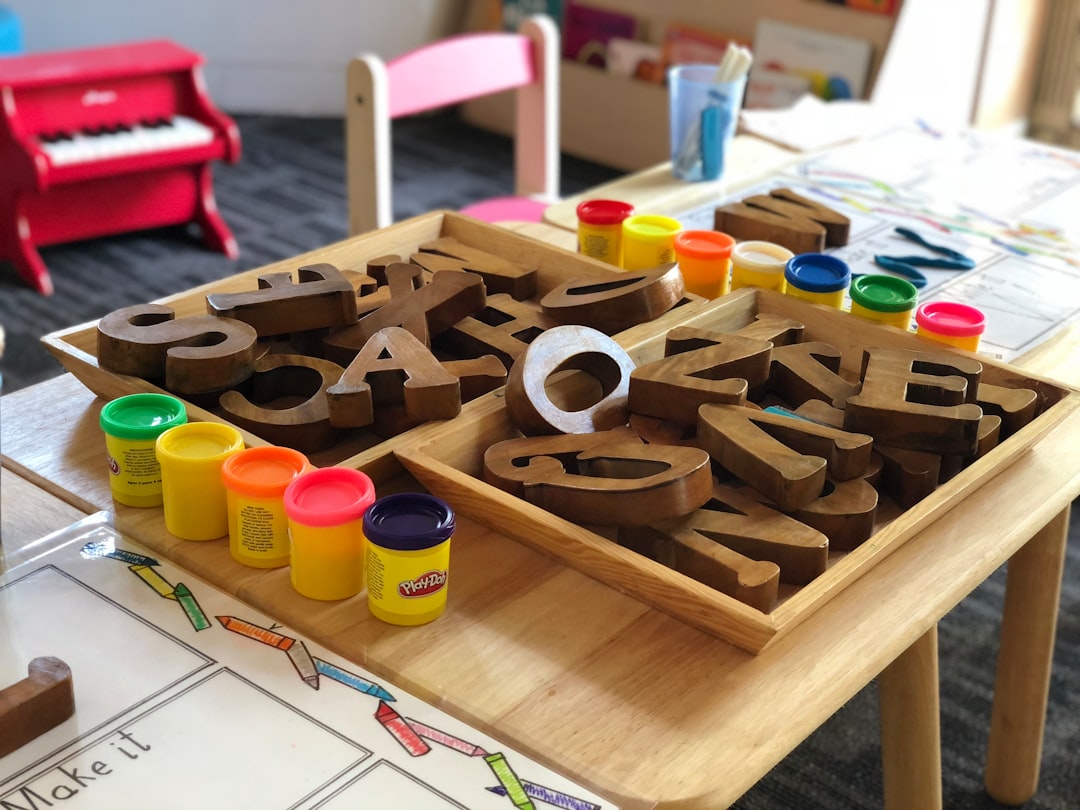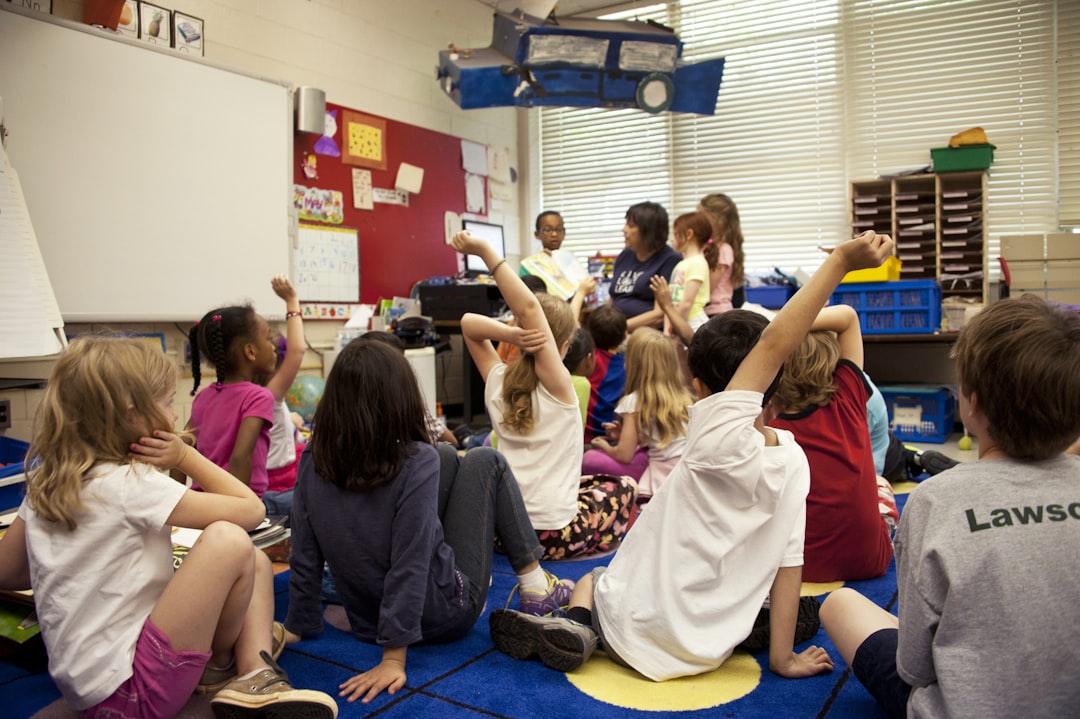In Kansas, child abuse and neglect are broadly defined by law to protect children from various forms of harm, including physical, emotional, sexual abuse, and inadequate care. Daycare abuse attorneys specialize in these complex laws and frequently handle cases involving excessive punishment or negligent practices in childcare settings. They play a crucial role in identifying abuse, advocating for victims, and pursuing legal action against violators under strict KDHE regulations. These attorneys ensure justice and support for children's safety and healing within Kansas' childcare facilities.
In Kansas, understanding the legal definitions of child abuse and neglect is paramount for ensuring the safety and well-being of young minds. This comprehensive guide delves into the intricacies of what constitutes child abuse and neglect within the state’s legal framework. We explore the significant consequences for daycare facilities and emphasize the crucial role of dedicated daycare abuse attorneys in Kansas, who advocate for victims and hold perpetrators accountable.
What Constitutes Child Abuse and Neglect in Kansas?

In Kansas, child abuse and neglect are defined as any act or failure to act which endangers a child’s health, safety, or well-being. This includes physical, emotional, and sexual abuse, as well as neglect that results in harm or poses a risk of serious physical or emotional damage. Daycare abuse attorneys in Kansas often see cases involving a range of behaviors, such as excessive punishment, failure to provide necessary care and supervision, and neglectful practices within daycare centers and other child-care settings.
The legal definitions are broad to ensure the protection of children across various scenarios. For example, physical abuse can encompass striking, kicking, or any form of bodily harm, while emotional abuse includes actions like intimidation, humiliation, or failure to meet a child’s basic emotional needs. Neglect is determined by evaluating if a caregiver has provided adequate food, shelter, medical care, and supervision, among other essential needs. Recognizing these definitions is crucial for identifying potential instances of child abuse and neglect, enabling timely intervention by authorities and legal professionals like daycare abuse attorneys in Kansas.
Legal Consequences of Daycare Abuse and Neglect

In Kansas, the legal consequences of daycare abuse and neglect can be severe, with potential implications for both caregivers and facilities. Daycare centers, preschools, and in-home care providers are subject to strict regulations aimed at ensuring the safety and well-being of children in their care. Any violation of these laws, including physical or emotional abuse, neglect, or a failure to meet basic needs, can lead to legal action. Daycare abuse attorneys in Kansas play a crucial role in advocating for victims and holding perpetrators accountable.
The state’s Department of Health and Environment (KDHE) is responsible for licensing and regulating daycare centers, conducting regular inspections, and investigating reports of abuse or neglect. Caregivers found guilty of mistreating children may face significant penalties, including fines, license revocation, and even criminal charges. Families affected by daycare abuse can seek legal redress through personal injury lawsuits, aiming to secure compensation for the harm caused to their children and hold the negligent parties accountable.
The Role of Daycare Abuse Attorneys in Kansas

In Kansas, the role of daycare abuse attorneys is pivotal in ensuring the safety and well-being of children within childcare facilities. These legal professionals specialize in navigating the complex landscape of child abuse and neglect laws, which can vary by jurisdiction. They play a crucial part in investigating and prosecuting cases involving mistreatment or neglect in daycares, preschools, and other early childhood education centers.
Daycare abuse attorneys work closely with law enforcement, social services, and medical professionals to gather evidence and build strong cases against perpetrators. Their expertise lies in interpreting the state’s legal definitions of child abuse and neglect, which include physical, emotional, sexual, and psychological harm, as well as failure to provide necessary care and supervision. They advocate for victims, ensuring they receive justice and the support needed to heal and recover.






